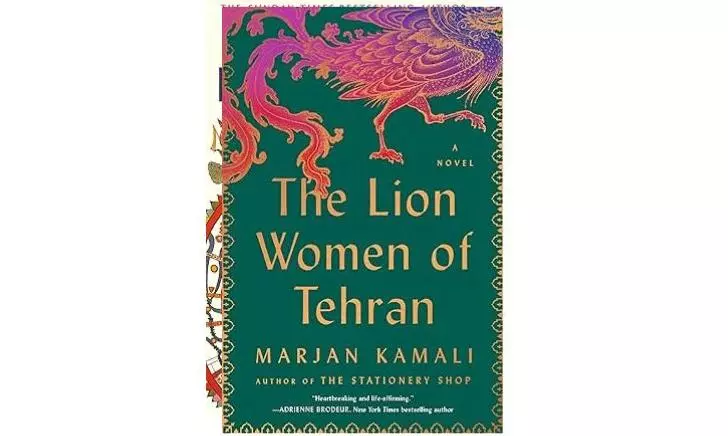Book Review | Can women’s friendship survive a revolution?

The Lion Women of Tehran tells the story of a friendship that began in the 1950s, and continues to the present day.
Ellie’s father dies when she’s seven years old. When her mother refuses to marry her husband’s brother, they are thrown out of their posh home and accommodation is provided to them in a seedy part of town. It’s here that Ellie meets Homa at school, and their friendship is strong but unequal. While Ellie is always welcome in Homa’s humble home and embraced by her loving family, Homa is not allowed in Ellie’s house. That’s because Ellie’s mother looks down on Homa — she’s a snob who frequently reminds everyone that she’s descended from kings and queens of Iran. The relationship between Ellie and her mother is strained and cold, there is no honesty between them.
Homa is an inspiration. Even as a child, she dreams big. She wants to be a lawyer when she grows up so she can change laws that discriminate against women. As idealistic as her communist father, she tells Ellie that the two of them must become the lion women of Iran: “Shir zan. Lionesses. Us. Can’t you just see it, Ellie? Someday, you and me — we’ll do great things. We’ll live life for ourselves. And we will help others…” Ellie doesn’t feel as confident, though — she’s weaker and more easily distracted. Besides, her mother has already decided her future for her: she will marry a rich man.
In college Homa embraces communism and is an active part of protests against the Westernised and secular but authoritarian Shah with his vicious secret police. The Shah is eventually overthrown by an alliance led by religious fundamentalists, who turn out to be more authoritarian and drag Iran (and particularly its women) back into the dark ages.
Timid Ellie, however, stays away from politics — she’s passive and a bit selfish — as long as her lifestyle isn’t directly affected, she doesn’t care. But one day, she inadvertently commits an act of treachery, and she carries that guilt for life.
After decades of separation from Homa, Ellie, a US resident now, gets the chance to atone for her sin. She does a huge favour for Homa, and urges her to move to America. Homa’s response of course is, “We can’t all leave. Then there will be no one left to fight.”
Women’s rights take centre stage in this engrossing novel. Why, Ellie even begins to understand her difficult mother after she learns the bald truth about her father. Does Ellie finally stop being passive? Will Homa survive the religious thugs? There’s only one way to find out.
The Lion Women of Tehran
By Marjan Kamali
Simon & Schuster
pp. 321; Rs 499

